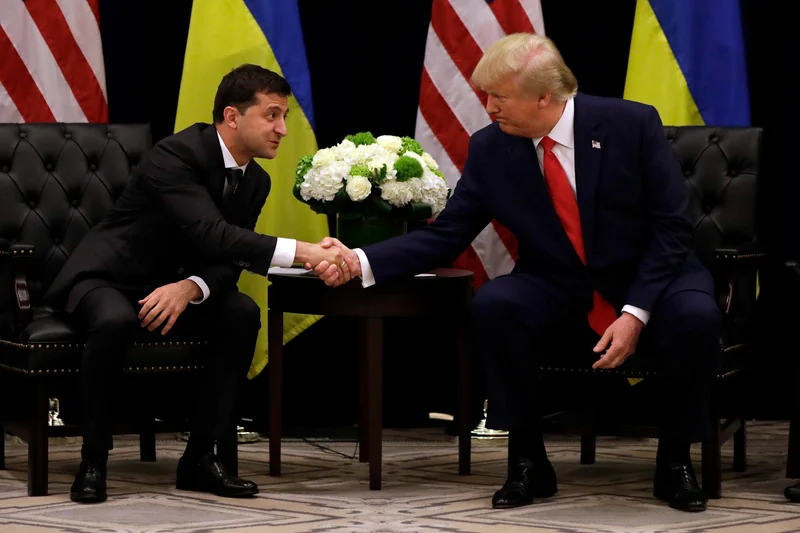For the annual 2025 ASIJMUN conference, the HRC (Human Rights Committee) focused on the global affair of the social and economic integration of refugees. Throughout two lengthy committee sessions, HRC delegates thoroughly discussed how countries can contribute to helping refugees find a place within their economies and communities, looking at factors such as healthcare, education, and citizenship.
The first day consisted of the unmoderated caucus of three blocs, with three resolutions being submitted: the first by Mexico, the second by South Africa, and the third by the French Republic. The first two resolutions were discussed on the first day while France’s resolution was the prime focus on the second day.
On the second day, the French Republic, alongside Co-Submitters from Canada, the US, Germany, South Korea, and India, all collaborated for their resolution regarding “the significance of social re-entry and economic status in the integration of refugees into communities.” Their resolution included eight clauses that included improving access to education, providing access to healthcare, and housing implementation.
The second day for HRC continued with France’s resolutions. France and its allies (including Germany, Canada, South Korea, India, and the US) sought to address critical issues facing refugees. The French delegate argued that refugees have the potential to benefit societies if given equal opportunities to work, access to education, and secure healthcare. France advocated a message for a more inclusive environment, encouraging greater global awareness. The French delegate then yielded its time to co-submitter South Korea, which stated the “critical importance of offering opportunities to refugees.” South Korea specified that it has consistently acted to improve refugees’ place in society, as South Korea is the first Asian country to have adopted refugee law, particularly within the workplace constitution.
French Republic’s Amendments:
The floor then expanded to all delegates for open debate who offered multiple amendments to the clause, subclauses, and sub-sub clauses of the French Republic’s resolution. Amendments varied from minor wording of subclauses to entire clause additions.
Mexico’s Amendment: Removal of “French NGOs”
Mexico raised the first point of contention about the removal of specific “French NGOs.” France’s resolution stated in their sub-subclause the use of “French NGOs.” Though it used the phrase “included but not limited to,” Mexico argued that specifying the use of NGOs by French organizations is biased. Mexico suggested removing the term “French” and rewording it to international NGO involvement or leaving NGO organizations to interpretation. South Africa called for a Point of Information (POI), asking for clarification on whether the Mexico delegate believed that the use of the term “French NGOS” gives France more advantages. Mexico heavily agreed, and with a few extra POIs granted, most delegates voted in agreement, signifying the passing of Mexico’s amendment.
Lebanon’s Amendment: Additional Proposal for Government Health Insurance
Lebanon called for a new proposal within France’s resolution under clause 3B, where France wrote about improved access to healthcare services, including matters such as government-funded health insurance. Lebanon stated that economically unstable developing countries disproportionately struggle to address refugees’ fundamental rights. Lebanon advised to place organization funds into those struggling government systems. Mexico then questioned if Lebanon believed there should be a proper definition for “developing” as different countries can imply various definitions. Lebanon ultimately agreed and stated the definition would become a sub-sub clause under point three. Mexico then executed a “for agreement” speech regarding Lebanon and declared that even though Lebanon requires many more specifications, Mexico agrees that developing countries need much more assistance. The deputy chair, Shota Sato, initiated voting, and the majority supported Lebanon, passing their amendment.
South Africa’s Amendment: Modification of Refugee Work Permits
In the first clause, France called for “the creation of legal work permits for refugees in a short time.” South Africa requested more constrictions and overall clarification regarding these work permits. South Africa stated that its intentions are not to eradicate the work permits fully but to constrain them more clearly. France responded that “confining work permits is completely unnecessary as they [refugees] already face disruption for other legal forms. Requiring them to requalify for work permits will only add to that burden.” South Africa agreed that the current two-year requalification is too frequent but that the timing must be adjusted. South Africa’s amendment failed with only four in favor.
Nigeria’s Amendment: Improved Access to Public Educational Institutions
Nigeria advocated access to public educational opportunities to support refugees and improve community literacy. Nigeria explained how if this became a subclause under point two, these educational openings would help not only the resources for refugees but also all citizens. However, Japan immediately requested a POI and questioned whether the amendment’s broad focus weakened its relevance to refugees and the central issue of refugees’ social and economic integration. Nigeria defended its statement, justifying that a well-educated community would benefit refugees in the long term. Japan wasn’t the only one with confusion, though, as Greece also opposed the amendment due to there being similar measures in the second resolution. The second resolution, primarily submitted by South Africa, also addressed the refugee movement but emphasized immigration to developed countries—which offer more abundant educational opportunities—rather than developing ones. The Greek delegate believed there was no need for anything additional. In the end, the amendment failed to pass.
Over the two days, the committee reflected a nuanced understanding of the challenges faced by both refugees and national leaders. The combination of successful and failed amendments demonstrated the Human Rights Council’s collective dedication and passion for refugees’ social and economic rights to ensure their fair integration into society. Their deliberation underlines the complexity of the issue and the continued engagement from the international community in seeking extensive solutions.







